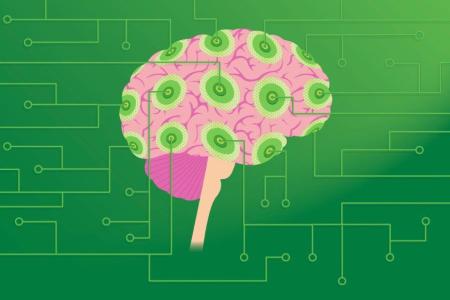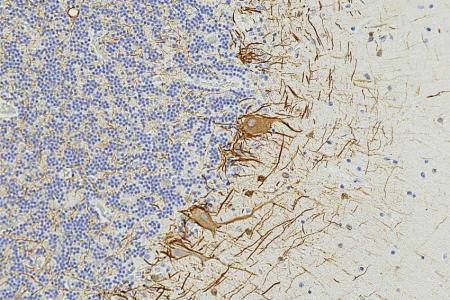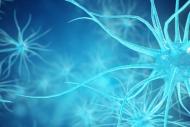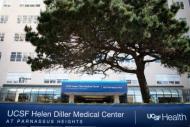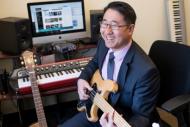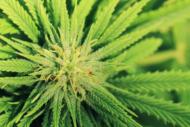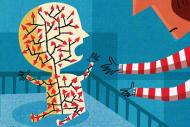A $20 million gift from longtime UCSF donors Dagmar Dolby and her son, David, will establish the UCSF Dolby Family Center for Mood Disorders within the Department of Psychiatry.
UCSF researchers have shown that it’s possible to study cellular identity by pulverizing brain tissue samples, extracting their RNA in bulk and looking for signature patterns of gene activity.
Researchers at UCSF and the Gladstone Institutes have received an $18 million grant from the National Institutes of Health to launch the Psychiatric Cell Map Initiative.
As the low-carbohydrate, high-fat ketogenic, or “keto,” diet becomes more popular, scientists at UCSF are among those working to study its potential health benefits and risks.
Most studies of galactic cosmic radiation have used male mice, but new research suggests that female mice may have innate protection against this deep space hazard.
UCSF ranked sixth on the national Best Hospitals Honor Roll and received special recognition for exceptional performance in 15 medical specialties, including top-10 status in a dozen.
Charles Limb, professor of otolaryngology at UCSF, has been fascinated for years by how artists produce unique, emotive, and coherent pieces of music with no sheet music or practice to guide them.
For the first time, a drug derived from marijuana has been approved by the Food and Drug Administration, and it may soon offer relief to children with hard-to-treat seizures.
Sensory Processing Disorder, or SPD, causes some children to find everyday stimuli excruciating. Scientists are finally shedding light on what causes the disorder and what can be done about it.
UCSF scientists have improved mobility in rats that had experienced debilitating strokes by using electrical stimulation to restore a distinctive pattern of brain cell activity associated with efficient movement.

